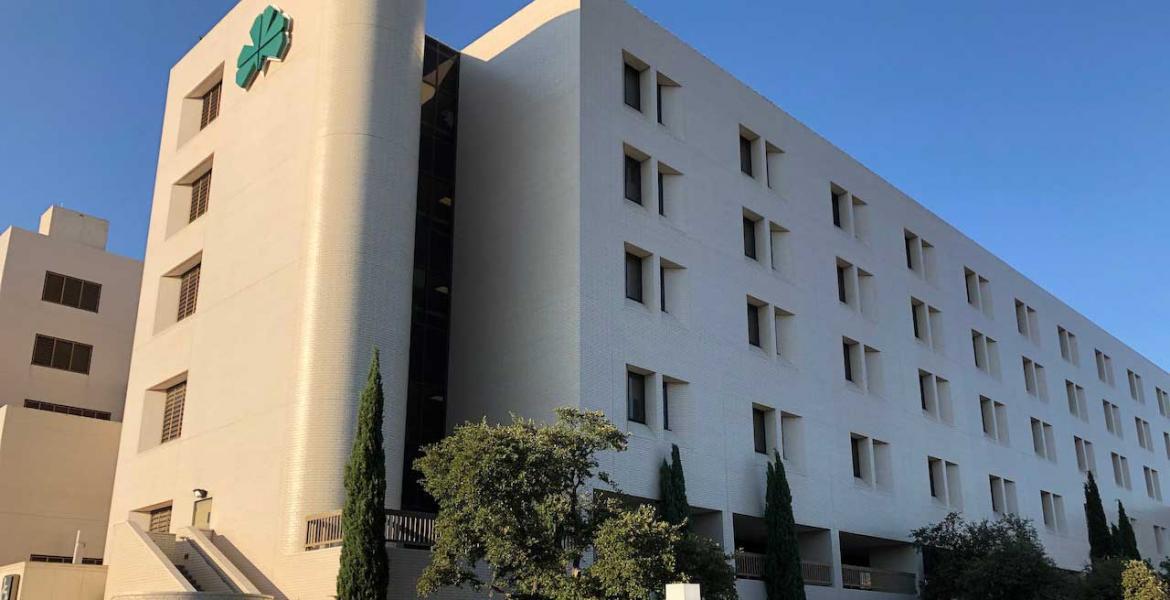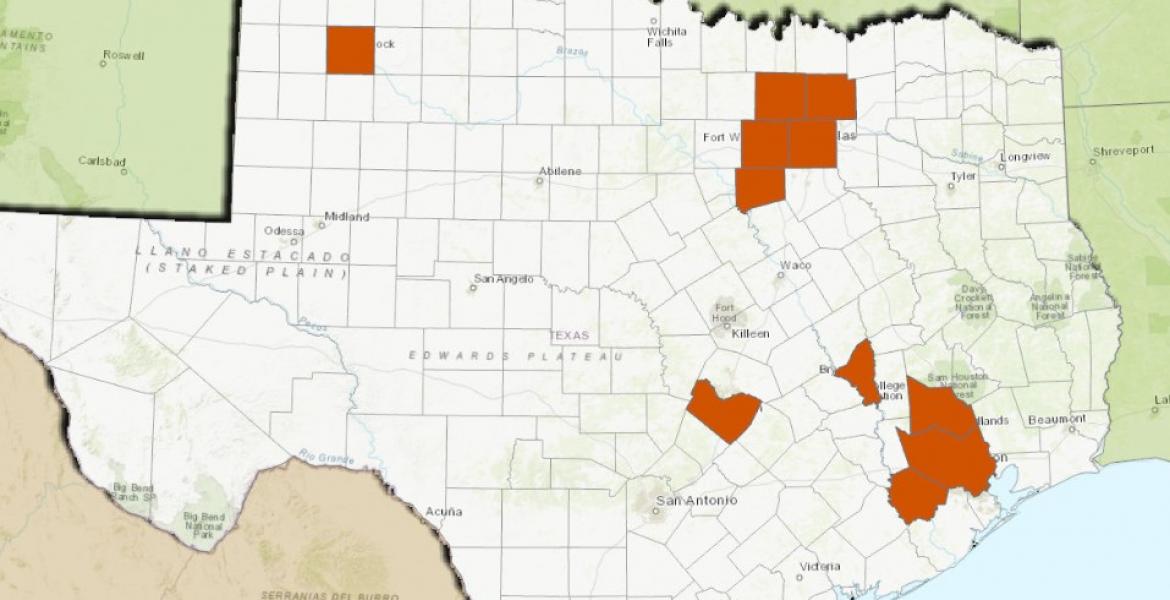SAN ANGELO, TX — Chelsea was diagnosed with cerebral palsy within the first year of birth. As Chelsea grew older, the care she needed intensified.
Caroline Foster, Director of Day-Hab, a service offered by Daybreak Respite Care, first became acquainted with the health care provider when she needed Respite Care as a result of the 24-hour special care her daughter Chelsea needed.
Respite Care, one of Daybreak’s offerings, provides temporary, short term, or emergency care that allows the primary caregiver time away for other responsibilities.
“She had a feeding tube that needed to be cleared about every 2 to 3 hours, and a colostomy bag, and wound vacuum that I checked periodically throughout the night. She couldn’t walk or feed herself, and she was incontinent.”
“I would get up at 4 a.m. every morning so I could have coffee and just mentally prepare for the day. I got Chelsea up at about 5:30 a.m., carried her to the bathroom and bathed her, brushed her teeth, and dressed her every day.”
“There was one period of time when I didn’t leave the house for almost 2 years.”
Caroline also had a younger son who helped with Chelsea’s care, but had his own needs, as any healthy young boy would.
Daybreak Respite Care gave Caroline time to take her son to his activities, and because there are nurses on duty, Chelsea’s quality of care was not in question.
Most organizations would say they are like family to one another, but the Daybreak staff and participants proved that when Chelsea died in September of 2014. Carla Anzar, Area Director for Daybreak, sat next to Caroline at Chelsea’s funeral, and the friends Chelsea made through Daybreak served as pallbearers.
Founded in 1997, Daybreak Community Services, Inc. is a 24-hour service provider for individuals with developmental disabilities. Daybreak operates over 175 group homes in Texas.
Carla Anzar, Area Director for Daybreak, said the organization has been in the San Angelo community for about 20 years, and that there are 24 Daybreak homes in San Angelo, providing service for more than 120 individuals with varying degrees of developmental disabilities.
Each Daybreak home has 3 to 4 residents who are grouped together based on level of care and similar needs. LVNs are part of the staff, and in some cases, 24-hour care with registered nurses is provided.
Daybreak provides a host of support services starting with case coordination, when the individual creates a Personal Plan of Care specific as to what they want to achieve, including goals and objectives.
Specialized therapy, psychology services, minor home modifications, and employment support is also available.
Daybreak is funded by the Texas Department of Aging and Disabilities (DADS). In addition, individuals receive disability payments through Social Security, Medicare or Medicaid.
“I want people to know that this is more than a story about me and Chelsea; that this is what Daybreak is for everyone they care for,” said Caroline.
There are not enough programs such as Daybreak in the community, and likely the state of Texas. MHMR maintains a 10-year waiting list for individuals who need Home and Community Based Services, or HCS.
Organizations such as Daybreak exist almost as an invisible entity, and because of a lack of providers, their program participants might not be as connected to the community as they should be.
Caroline and Carla agreed that what they receive from the participants is as much, if not more, than participants receive from them.
For more information, call Daybreak at (325) 659-3108 or visit their website.
Subscribe to the LIVE! Daily
Required






Post a comment to this article here: